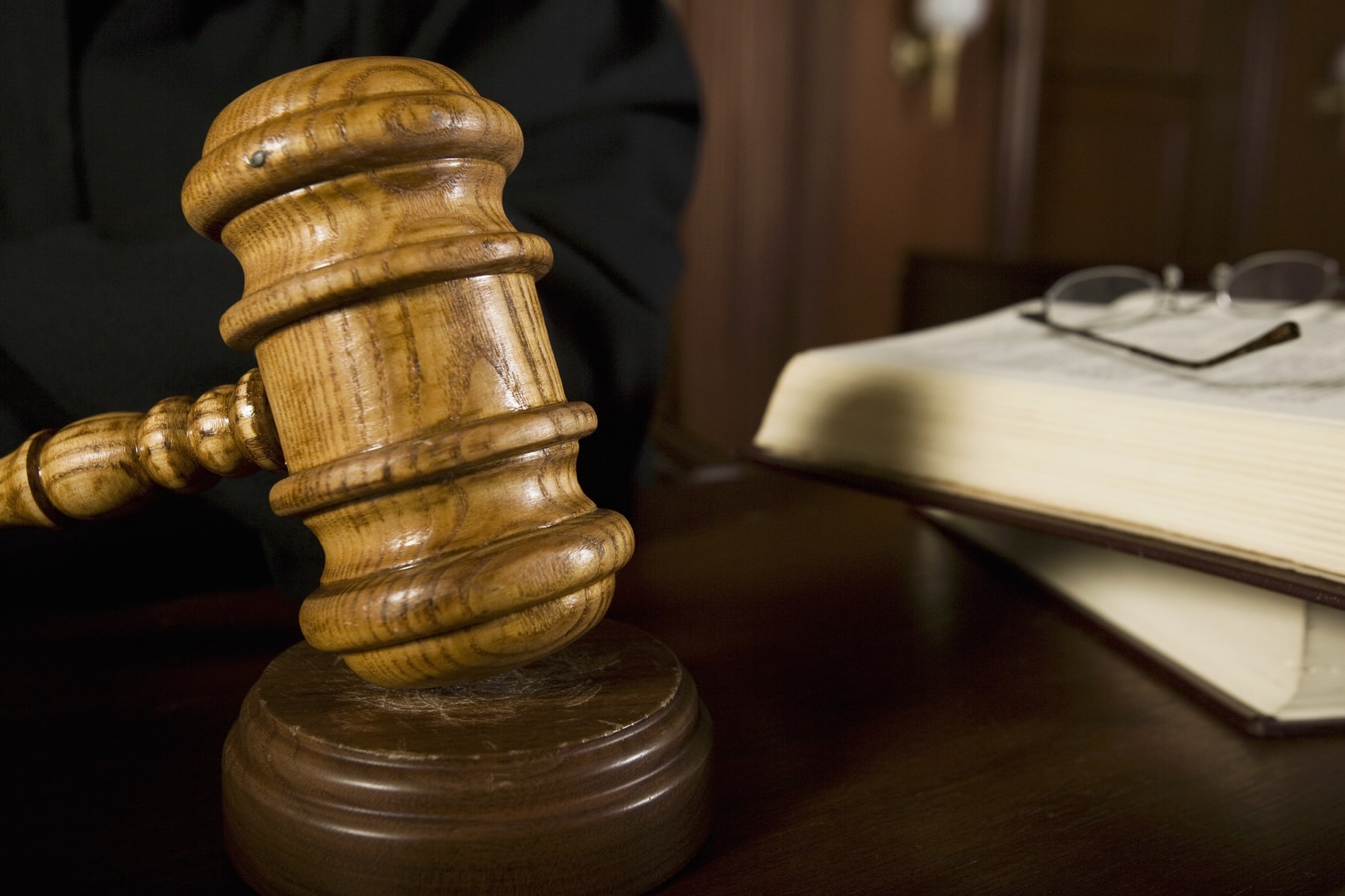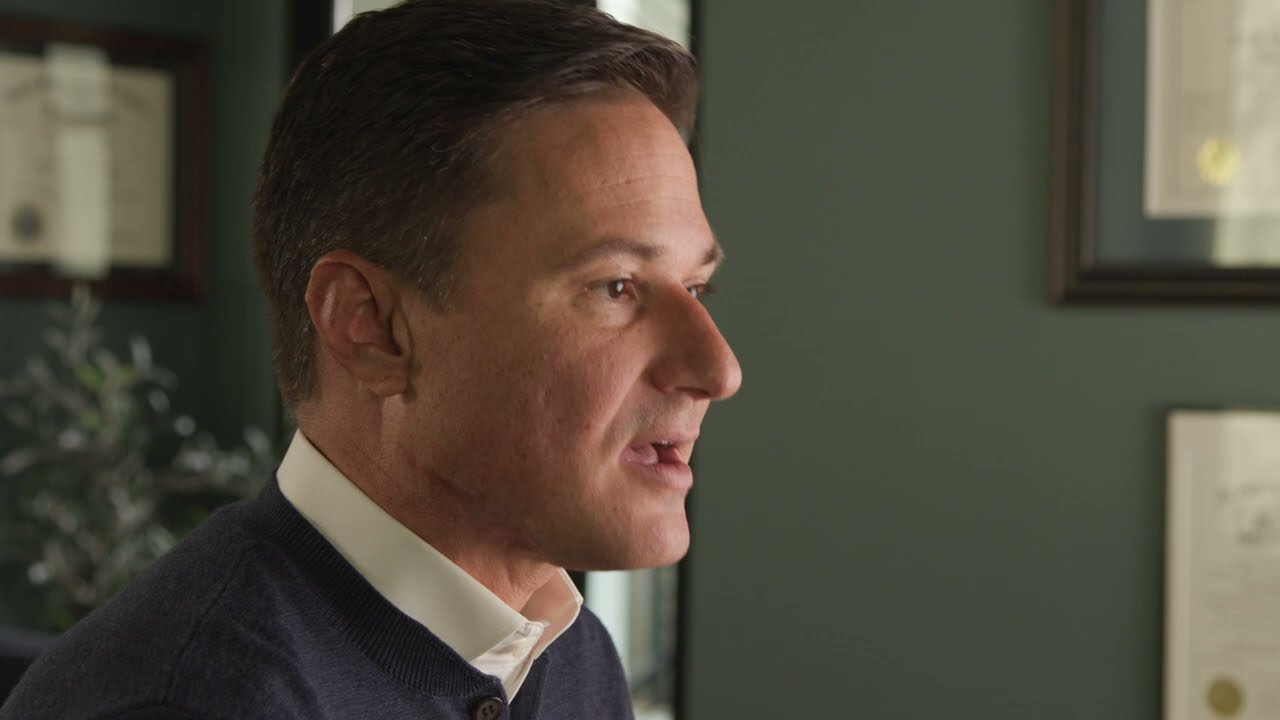
Understanding Accidents And Trauma Leading To PTSD
Accidents can be sudden and devastating events that leave a profound impact on those involved, such as Post-Traumatic Stress Disorder. Whether it’s a car crash, a workplace incident, or a serious fall, the aftermath can extend far beyond physical injuries. For many, these traumatic events can lead to Post-Traumatic Stress Disorder (PTSD), a serious mental health condition that affects their daily lives.
The Link Between Accidents And PTSD
Trauma from accidents is one of the leading causes of PTSD. The unexpected nature of accidents, coupled with the potential for severe injury or death, can create a significant psychological burden. Individuals involved in such incidents often experience intense fear, helplessness, and horror, which are key emotional responses that contribute to the development of PTSD. If you are suffering from Post-Traumatic Stress Disorder as a result of an accident, it is crucial you seek help from trusted professionals, such as doctors and lawyers.
Symptoms And Signs
PTSD symptoms may appear shortly after the traumatic event, but in some cases, they can surface months or even years later. Common symptoms include intrusive memories or flashbacks of the accident, avoidance of places or situations that remind the person of the event, negative changes in mood and thinking, and hyperarousal, which can manifest as being easily startled or having difficulty sleeping. These symptoms can severely impair an individual’s ability to function normally in their daily life, affecting their personal and professional relationships.
Risk Factors
Certain factors can increase the likelihood of developing PTSD after an accident. These include the severity and nature of the trauma, personal history of prior trauma or mental health issues, lack of social support, and the individual’s own coping mechanisms. For instance, someone who has previously experienced a traumatic event may be more vulnerable to developing PTSD after an accident.
Diagnosis And Treatment
Diagnosing PTSD involves a thorough evaluation by a mental health professional, who will assess the individual’s symptoms and their impact on daily functioning. Early diagnosis and intervention are crucial for effective treatment. Treatment typically involves a combination of psychotherapy and medication. Cognitive-behavioral therapy (CBT), particularly exposure therapy and cognitive restructuring, has proven to be effective in helping individuals process and cope with traumatic memories. Medications such as antidepressants can also help manage symptoms.
The Impact On Everyday Life
Living with PTSD can be overwhelming. It can hinder one’s ability to work, maintain relationships, and enjoy life. Individuals with PTSD may withdraw from social activities, struggle with maintaining employment, and find it challenging to perform everyday tasks. The emotional toll can also lead to issues such as depression, anxiety, and substance abuse, further complicating their recovery.
Commitment To Support
If you are hoping to get lawyers involved in your recovery, you want a lawyer who will understand the profound impact that accidents and trauma can have on your life. You should have a lawyer who is committed to providing compassionate and comprehensive legal support to help you navigate the complexities of your case and is dedicated to ensuring you receive the justice and compensation you deserve, allowing you to focus on your recovery.
If you or a loved one are struggling with the aftermath of a traumatic accident, you should not hesitate to seek help. Reach out to the professionals you need for recovery, such as a doctor and a lawyer today for confidential consultations. With help, you can move forward through your Post-Traumatic Stress Disorder and start fresh.
Office
1580 N Logan St, Ste 660, PMB 4545
Denver, CO 80203
Representing Veterans Nationwide








